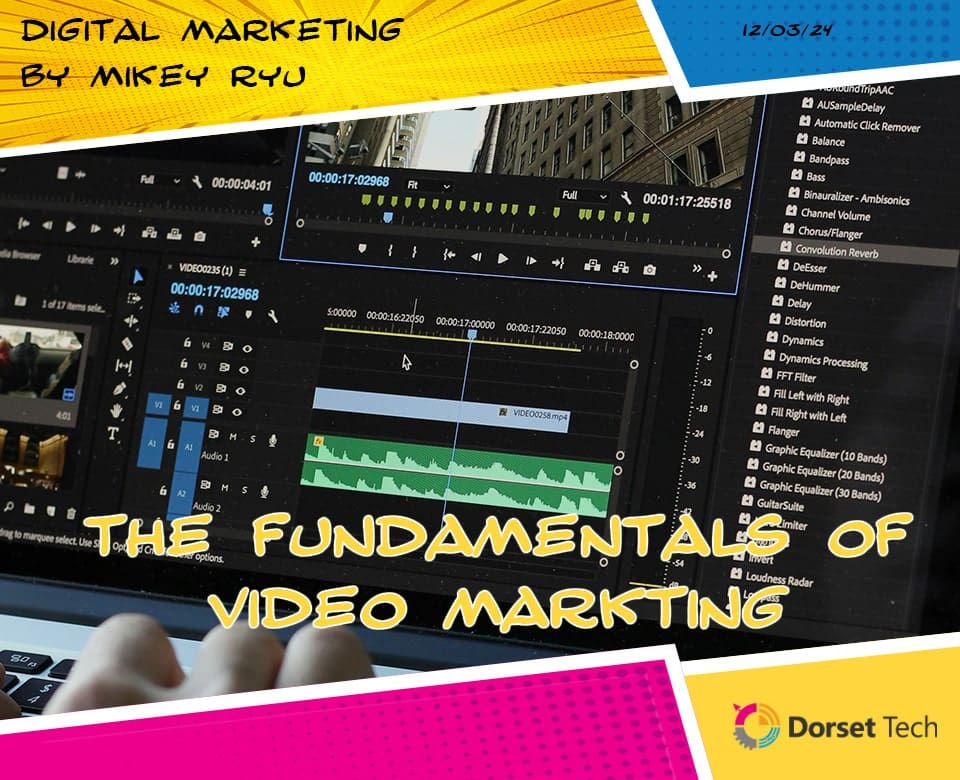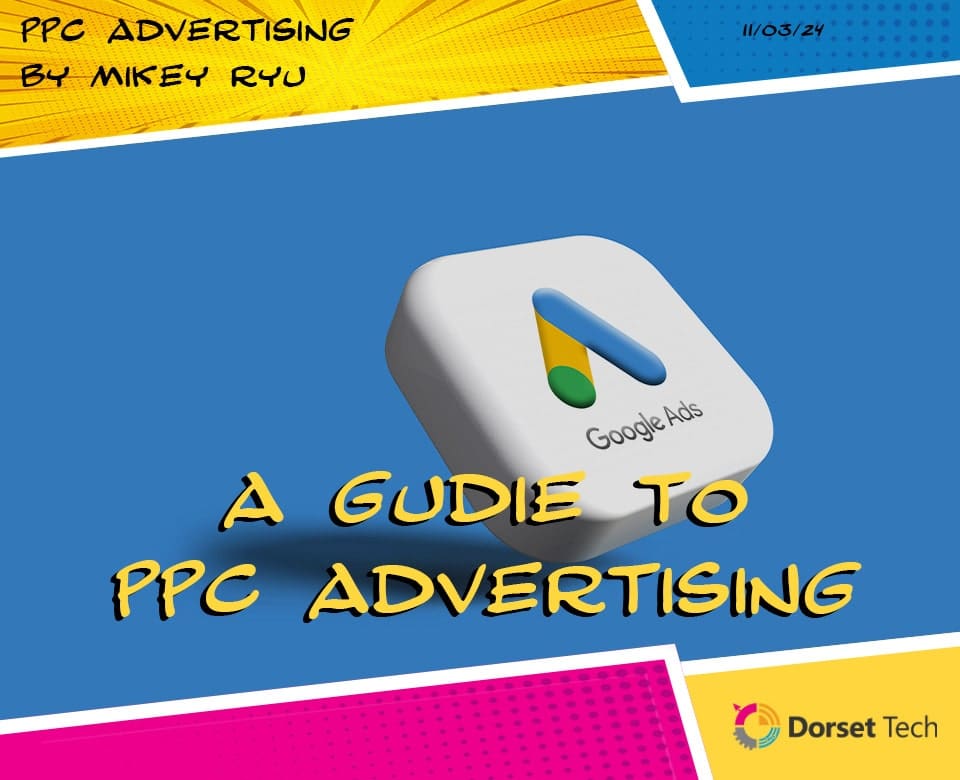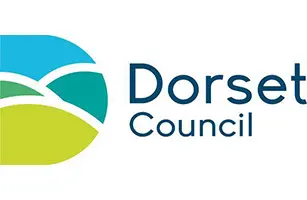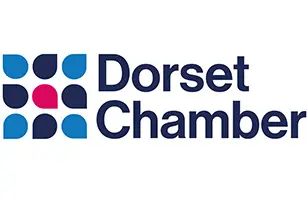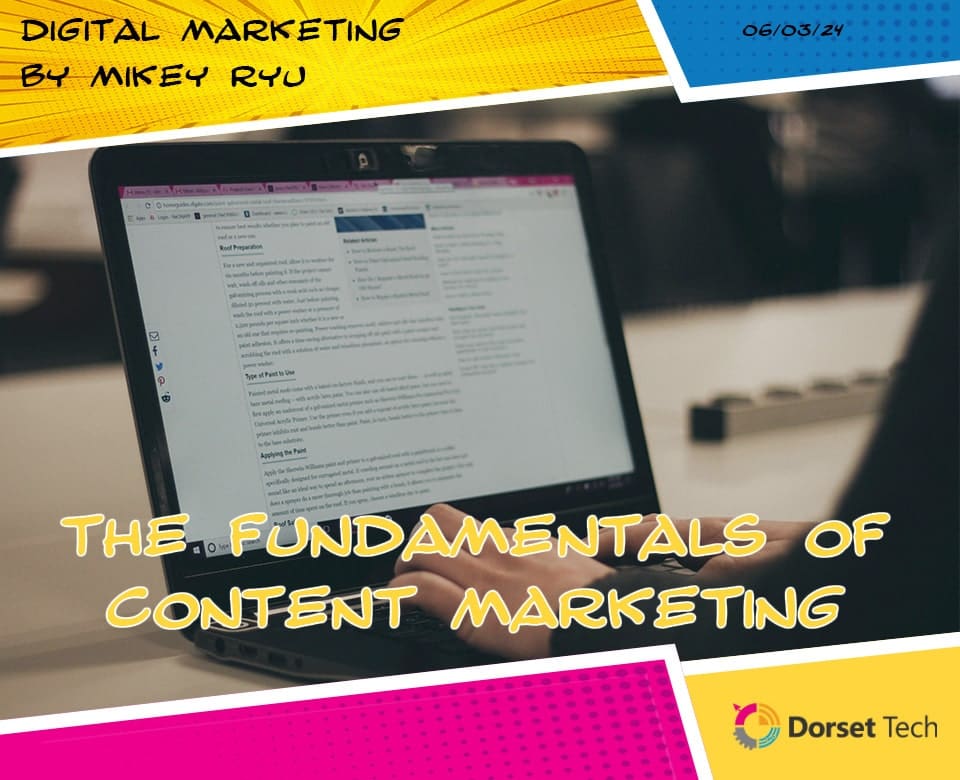
Mastering the Essentials of Content Marketing
Content marketing has emerged as a cornerstone strategy for businesses seeking to engage audiences, build brand authority, and drive sustainable growth in the digital age. By delivering valuable and relevant content to consumers, businesses can establish trust, foster relationships, and ultimately, drive conversions. In this guide, we’ll explore the fundamental principles of content marketing and how businesses can harness its power to achieve their objectives.
Understanding Content Marketing:
At its core, content marketing revolves around creating and distributing valuable, relevant, and consistent content to attract and retain a clearly defined audience. Unlike traditional advertising, which interrupts consumers with promotional messages, content marketing aims to provide value upfront, positioning brands as trusted resources rather than intrusive advertisers. By delivering informative, entertaining, or educational content, businesses can establish credibility, cultivate relationships, and drive engagement with their target audience.
Know Your Audience:
Effective content marketing begins with a deep understanding of your target audience. By conducting market research, analyzing audience demographics, and identifying their pain points, interests, and preferences, businesses can tailor their content to resonate with their audience’s needs and aspirations. Understanding your audience’s motivations and behaviours allows you to create content that addresses their specific challenges, provides solutions, and adds value to their lives.
Content Strategy:
A well-defined content strategy serves as the roadmap for your content marketing efforts. It outlines your goals, target audience, content themes, distribution channels, and performance metrics. Whether you’re focusing on blog posts, videos, podcasts, social media content, or a combination of formats, a cohesive content strategy ensures that your content remains aligned with your overarching business objectives and resonates with your audience across various touchpoints.
Quality Content Creation:
High-quality content lies at the heart of any successful content marketing campaign. Whether it’s blog articles, videos, infographics, or social media posts, your content should be informative, engaging, and relevant to your audience’s interests and needs. Invest in creating content that provides valuable insights, solves problems, or entertains your audience, positioning your brand as a trusted authority in your industry. Remember to maintain consistency in tone, style, and messaging to reinforce your brand identity and build familiarity with your audience.
Content Distribution and Promotion:
Creating great content is only half the battle; effectively distributing and promoting it is equally important. Identify the channels where your target audience is most active and tailor your distribution strategy accordingly. Whether it’s sharing blog posts on social media, leveraging email newsletters, or collaborating with influencers to reach new audiences, choose distribution channels that maximize your content’s reach and engagement. Additionally, consider paid promotion tactics such as social media advertising or content syndication to amplify your content’s visibility and attract new followers.
Engagement and Community Building:
Successful content marketing goes beyond simply creating and distributing content; it’s about building meaningful relationships with your audience. Encourage audience engagement by soliciting feedback, responding to comments and messages, and fostering conversations around your content. Create opportunities for community interaction through social media groups, forums, or live events where your audience can connect with your brand on a deeper level.
Performance Measurement and Optimisation:
Continuous measurement and optimization are essential for refining your content marketing strategy and maximizing its impact. Track key performance metrics such as website traffic, engagement rates, conversion rates, and social media metrics to evaluate the effectiveness of your content efforts. Identify high-performing content and content gaps, and adjust your strategy accordingly to better align with your audience’s preferences and behaviours.
In conclusion, content marketing offers businesses a powerful means of engaging audiences, building brand authority, and driving conversions in today’s digital landscape. By understanding the fundamentals of content marketing and implementing a strategic approach to content creation, distribution, and engagement, businesses can unlock the full potential of their content to achieve their marketing goals and foster long-term success.



